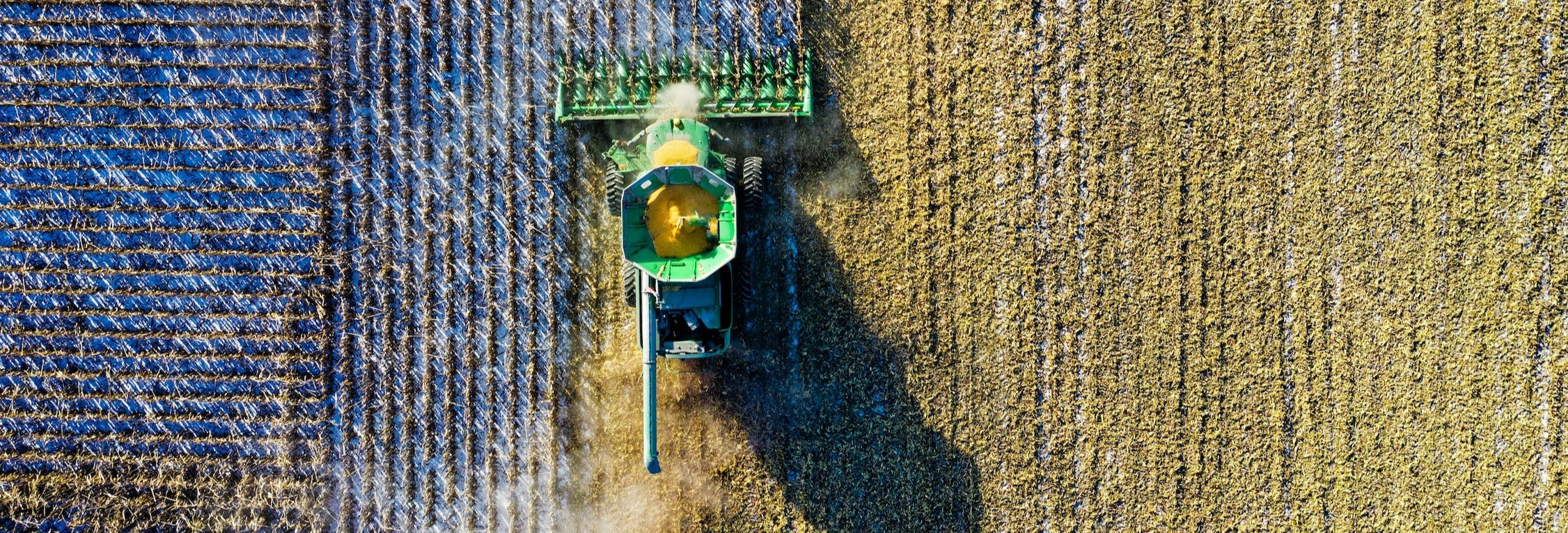Abstract
Fish is one of the most important nutrient sources of the human diet, and its low-cost aquaculture production is advantageous. During processing, large quantities of organic and inorganic nutrients are produced. Discharging fish farming wastewater to the environment without proper treatment can support harmful algal growth. Therefore, aquaculture effluent must be treated prior to discharge to the receiving waters. In this study, six different cyanobacteria and algae species, including Chlorococcumminutum, Porphyridiumcruentum, Chlorella vulgaris, Microcystis aeruginosa, Chlamydomonas reinhardtii, and Fischerellamuscicola were studiedto treatfish aquaculture wastewater, using mix-culture bacteria as the inoccolum. All samples were incubated for 21 days. Parameters such as chemical oxygen demand, dissolved organic and inorganic nitrogen species, and phosphate were measured weekly. Our results suggest that M. aeruginosa can reduce the inorganic nitrogen species (>99%) in fish wastewater. Similarly, C. reinhardtiiwas able to remove chemical oxygen demand, dissolved organic nitrogen, an
Start Date
2-3-2023 3:00 PM
Recommended Citation
Aranda, Yolanys, "Fish farming wastewater treatment using algae-cyanobacterial inocula" (2023). Graduate Industrial Research Symposium. 19.
https://docs.lib.purdue.edu/girs/2023/posters/19
Fish farming wastewater treatment using algae-cyanobacterial inocula
Fish is one of the most important nutrient sources of the human diet, and its low-cost aquaculture production is advantageous. During processing, large quantities of organic and inorganic nutrients are produced. Discharging fish farming wastewater to the environment without proper treatment can support harmful algal growth. Therefore, aquaculture effluent must be treated prior to discharge to the receiving waters. In this study, six different cyanobacteria and algae species, including Chlorococcumminutum, Porphyridiumcruentum, Chlorella vulgaris, Microcystis aeruginosa, Chlamydomonas reinhardtii, and Fischerellamuscicola were studiedto treatfish aquaculture wastewater, using mix-culture bacteria as the inoccolum. All samples were incubated for 21 days. Parameters such as chemical oxygen demand, dissolved organic and inorganic nitrogen species, and phosphate were measured weekly. Our results suggest that M. aeruginosa can reduce the inorganic nitrogen species (>99%) in fish wastewater. Similarly, C. reinhardtiiwas able to remove chemical oxygen demand, dissolved organic nitrogen, an


